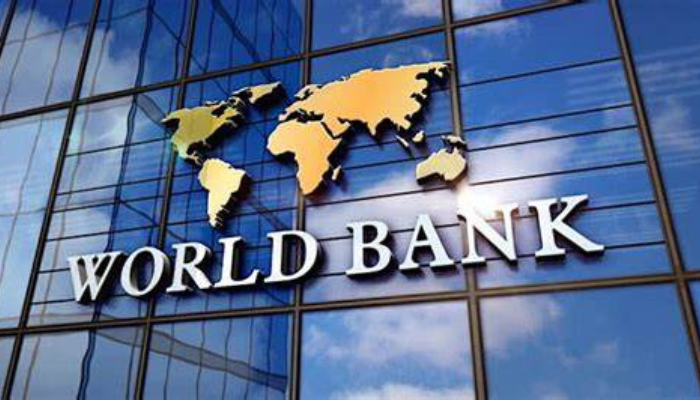Quest to make Nigerian goods competitive in the international market received a fresh boost on Friday, as the Nigerian Export Promotion Council (NEPC) and Nigerian Import-Export Bank (NEXIM) agreed to fast track the establishment of a regional maritime company.
Joe Ittah, head corporate communications at NEPC, in a statement on Friday, said the regional maritime company was named the Sealink Project, while stating that both agencies also considered the establishment of an Airlink Terminal at the nation’s international airports to stem the incessant reject of export of perishable food items.
Olusegun Awolowo, executive director of NEPC, said in the statement while receiving the new managing director of NEXIM Bank, Abba Bello, that the collaboration between the Council and NEXIM would help facilitate trade and complement the effort of the NEPC in making Nigerian goods competitive in the international market.
Against this backdrop, Awolowo advocated the collaboration of both agencies and Manufacturers Association of Nigeria (MAN) in securing a platform for trade and investment along the ECOWAS trade corridor through NEXPORTRADE and a proposed offshore warehouse in Togo, as it would ease the challenges encountered by exporters in terms of cost of transportation of goods, warehousing, lack of constant supply, among other logistics.
Bello, in his own remarks, reiterated the need to urgently kick-start the Sealink Project as it would promote intra and inter-African trade, thereby fostering regional integration, economic growth and development in the West and Central African sub-regions.
He disclosed that the purpose of the visit was to discuss and map out area of mutual interest in the quest to facilitate trade and enhance the competitiveness of Nigeria goods in the international market, adding that NEXIM was ready to collaborate with NEPC in organising a stakeholders Forum of top100 companies in Nigeria to address their challenges and explore the possibilities of increasing production for export.
He commended the Council for the Zero Oil Plan (ZOP) adding that it was the only way the country could maximise her potentials as well as guarantee job creation, increase exports of manufactured goods and earn foreign exchange for the country.
HARRISON EDEH, ABUJA








